Garnering Global Attention with K-Medi The World’s First JCI-Accredited International Healthcare Center in Daejeon
Sun Medical Center is dedicated to looking after patients and others wishing to improve their health with a mission to “provide the best possible treatment and care to all who seek us, at all times, without any constraints.” Incepted as an orthopedic clinic with 20 beds in 1966, it has grown into a general hospital with 13 treatment centers, 23 departments, and around 200 medical specialists, as of 2020. We interviewed Park Han Ju, the Director of the International Healthcare Center of the Sun Medical Center that has made remarkable achievements in providing medical services to overseas patients.

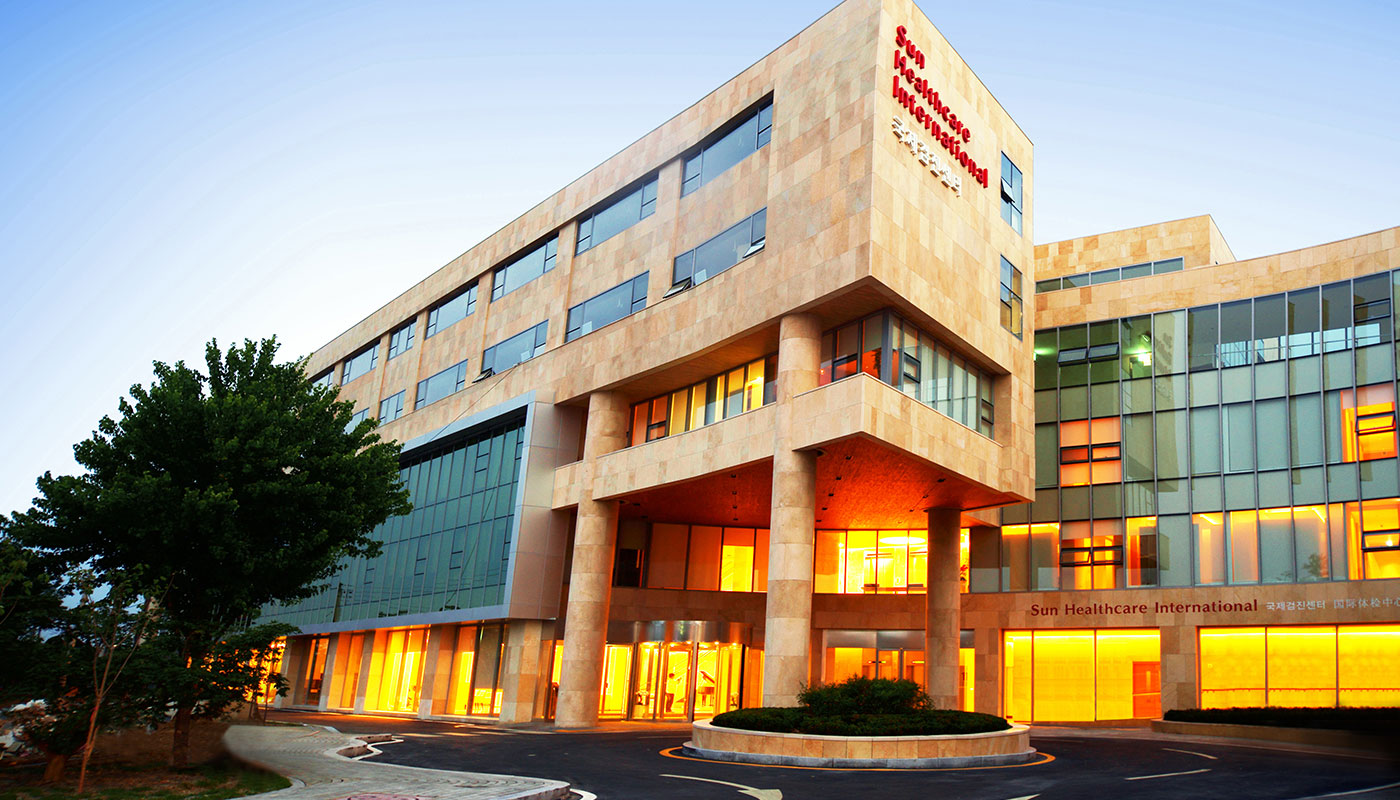
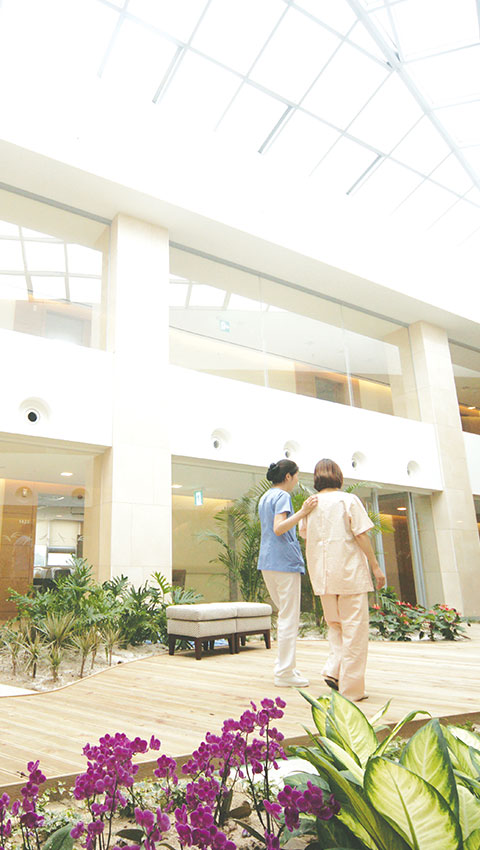
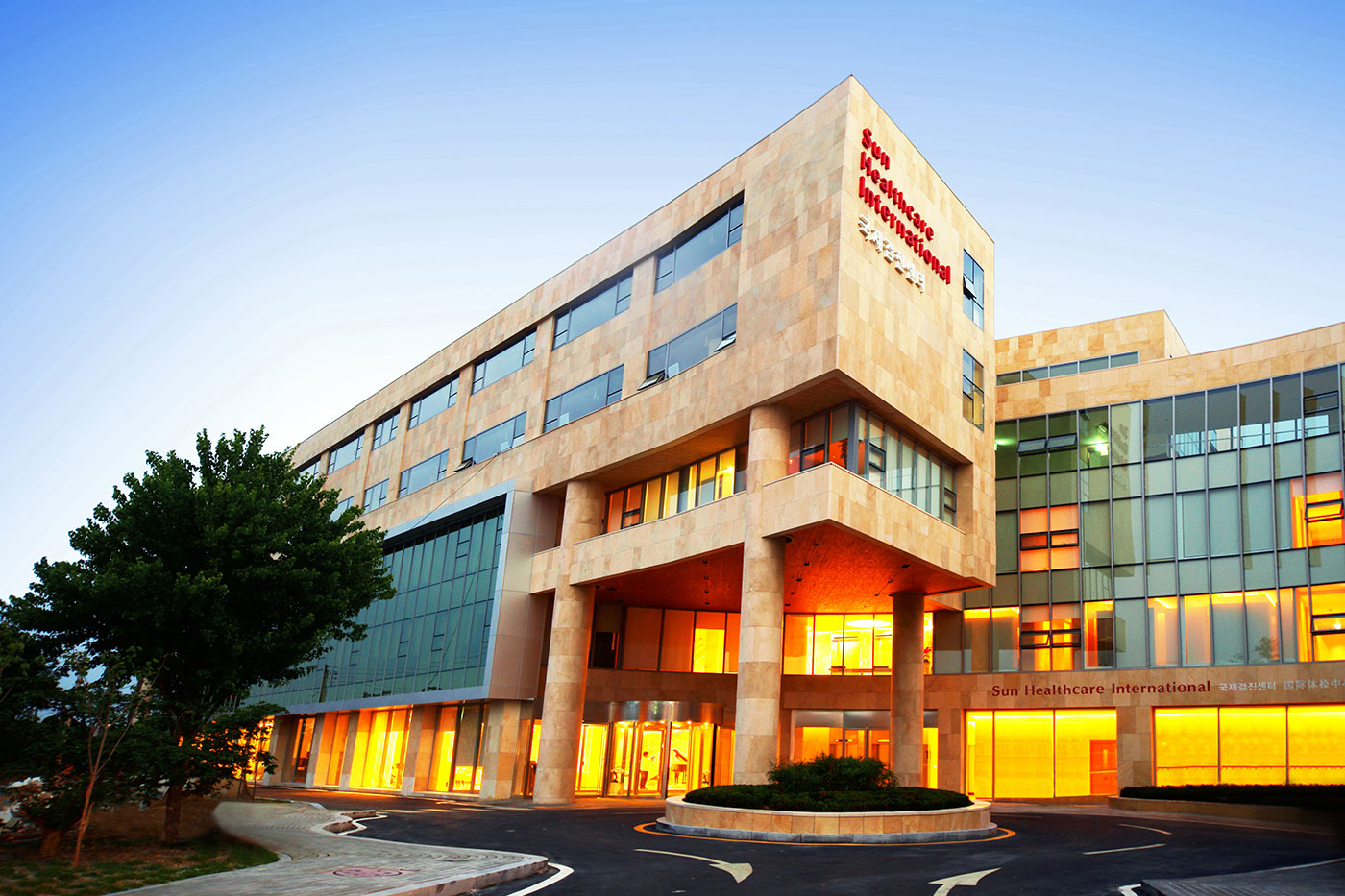
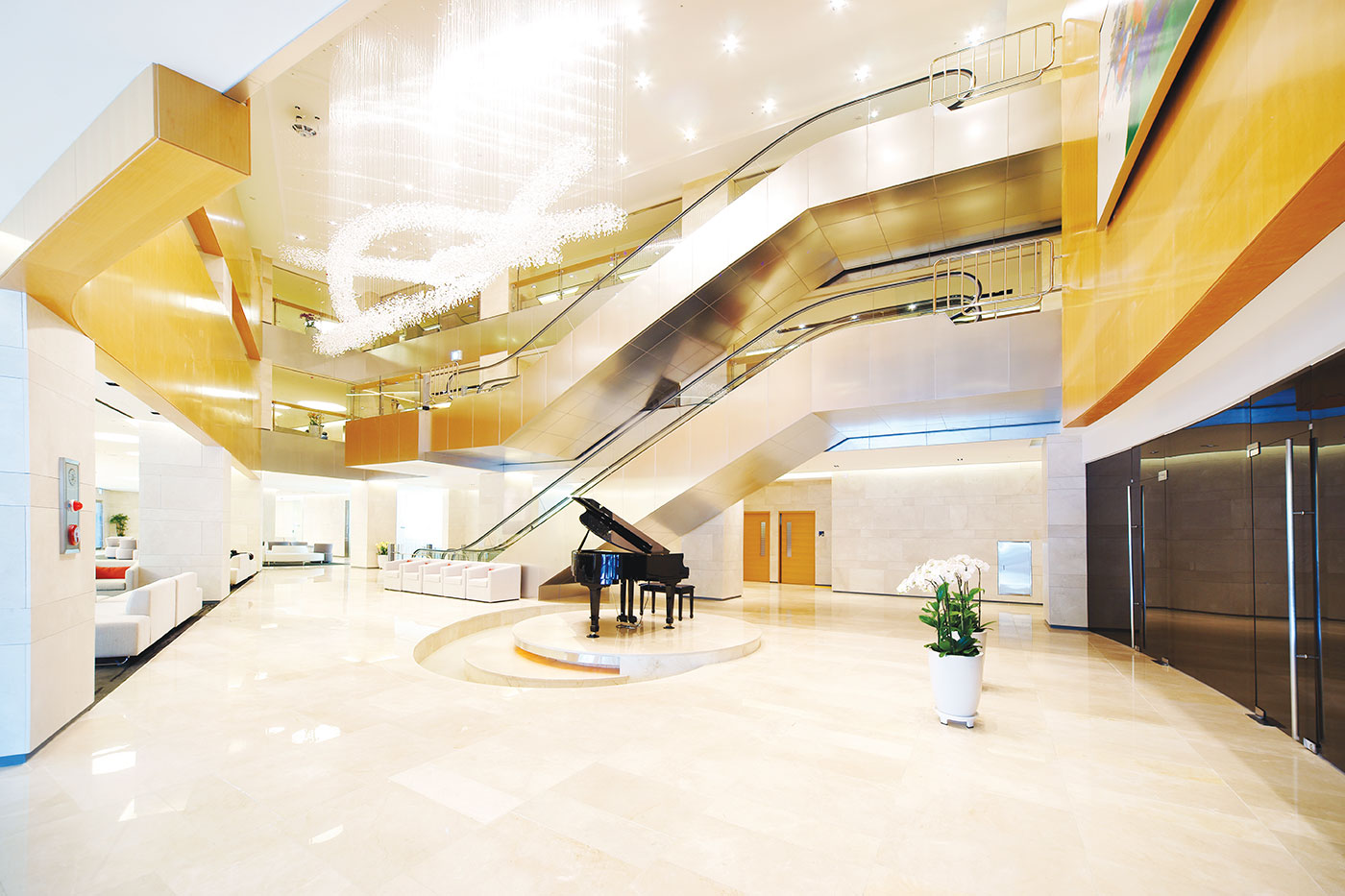
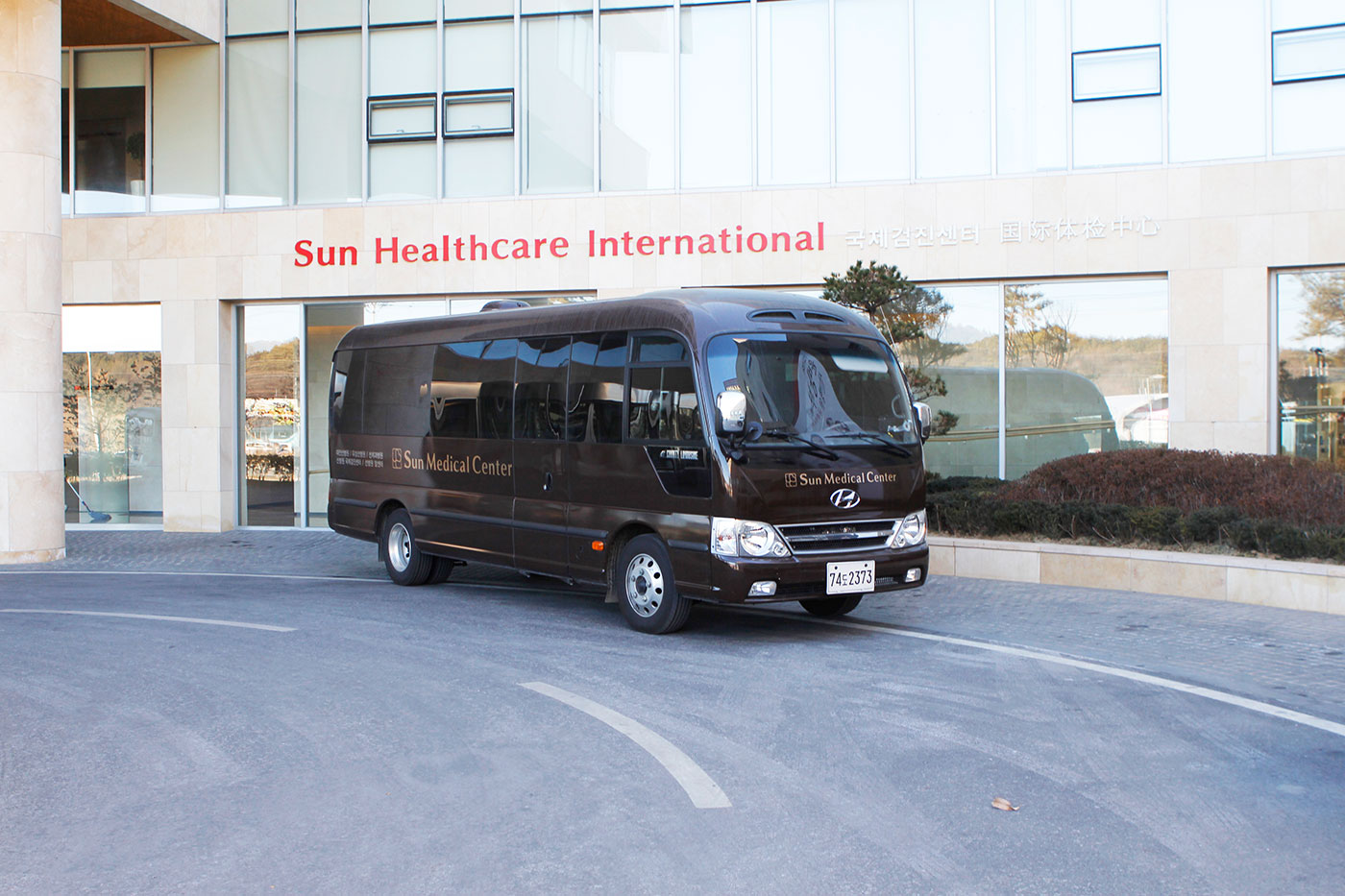
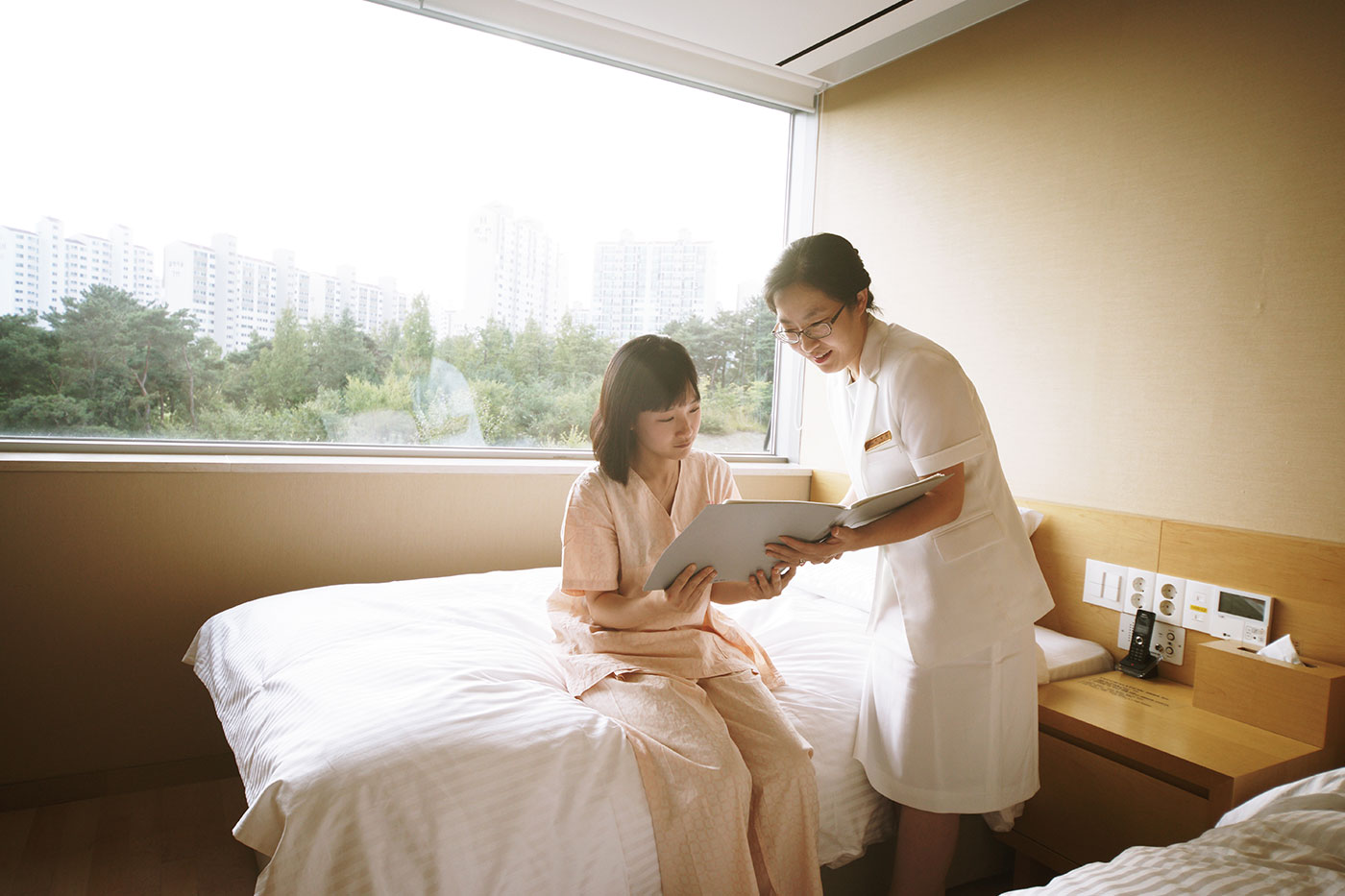
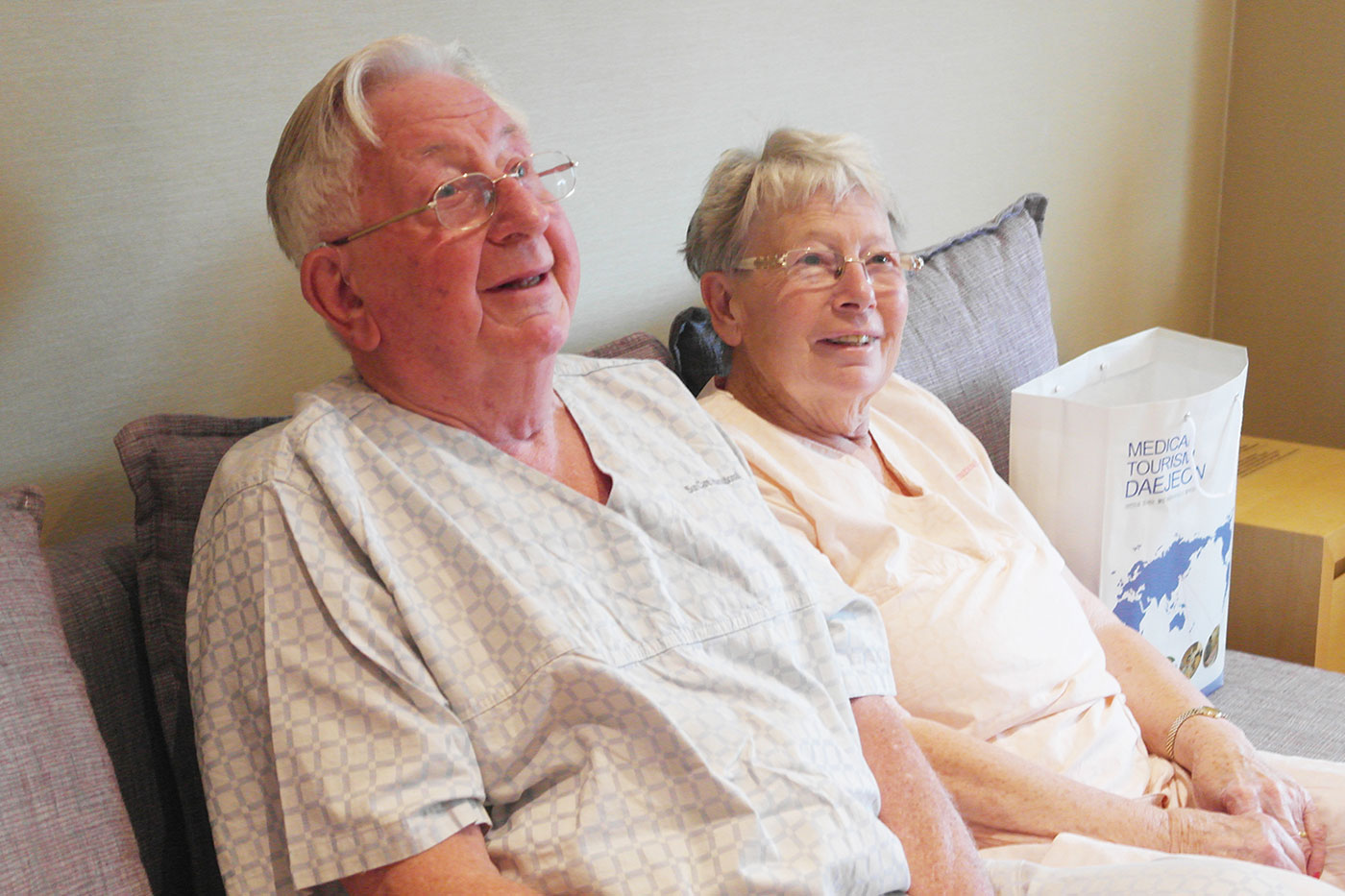
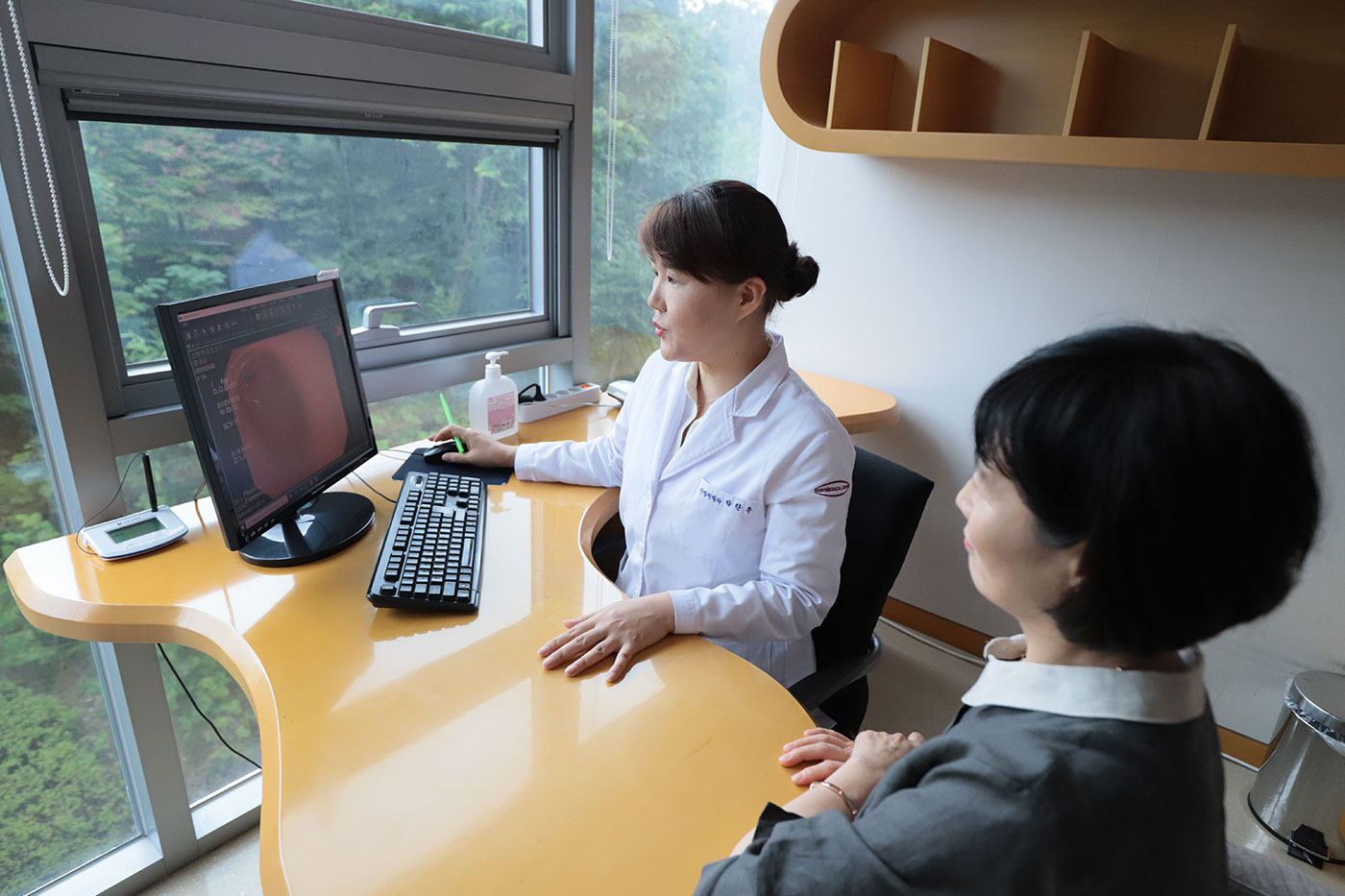
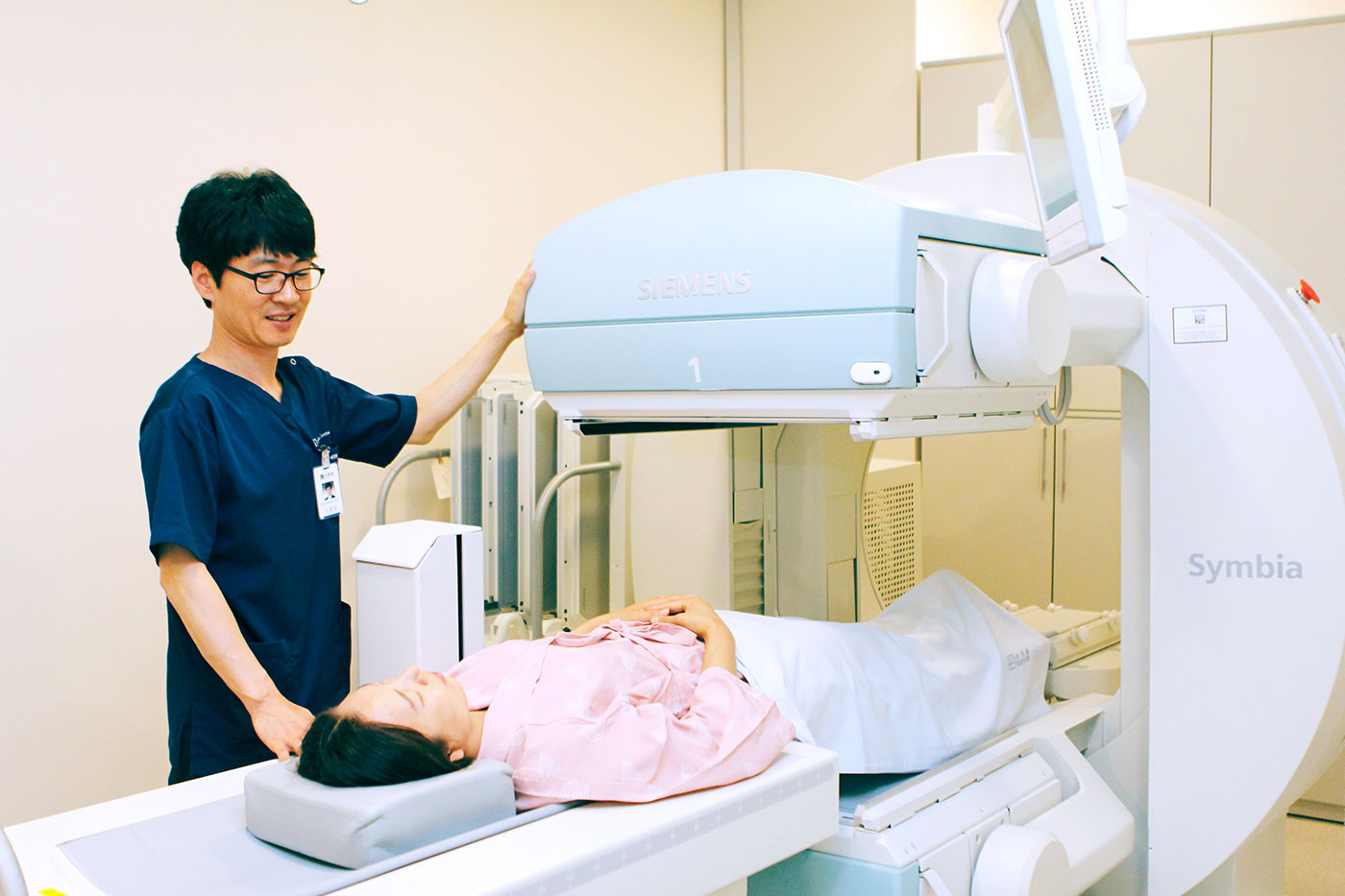
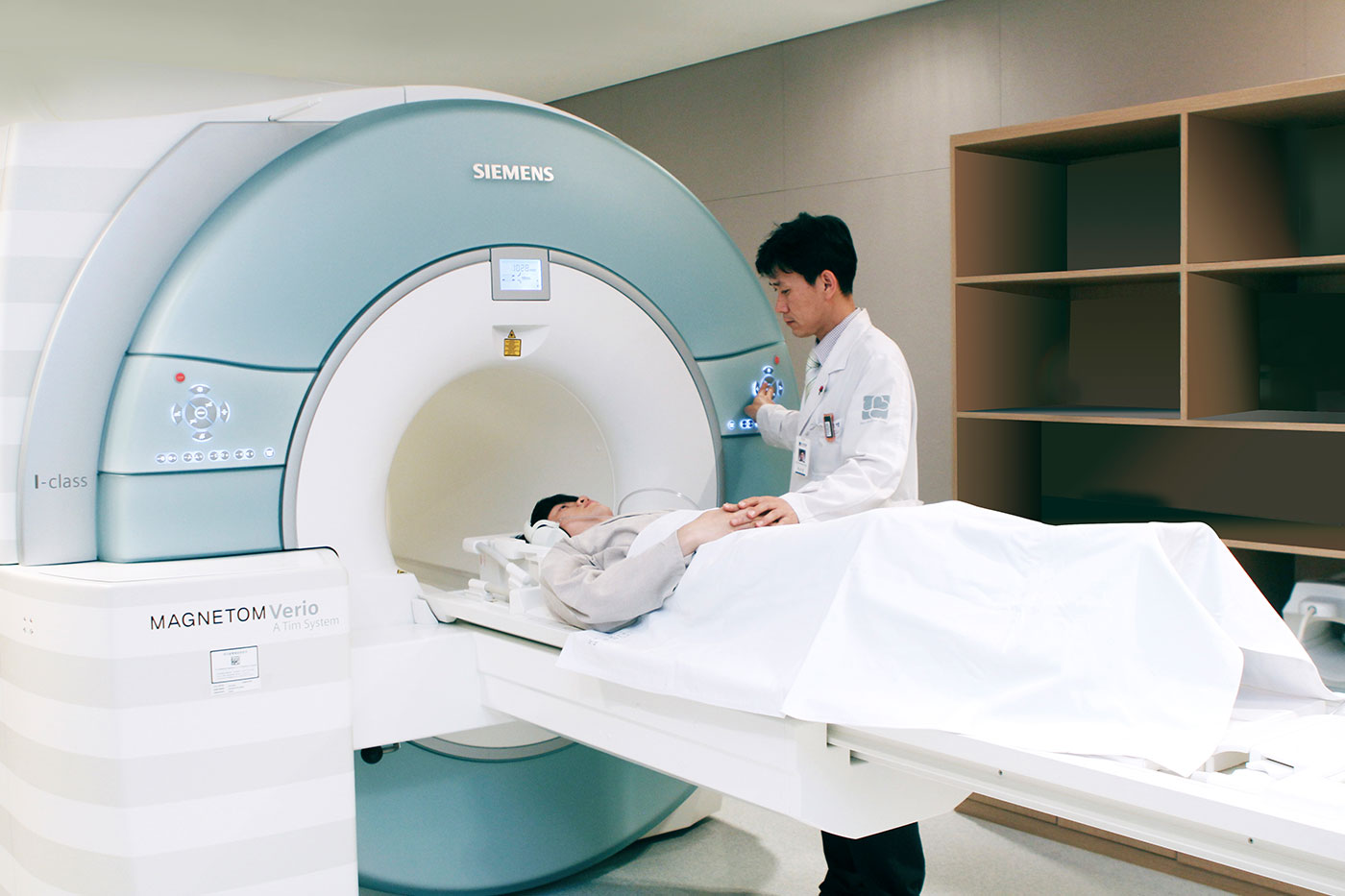
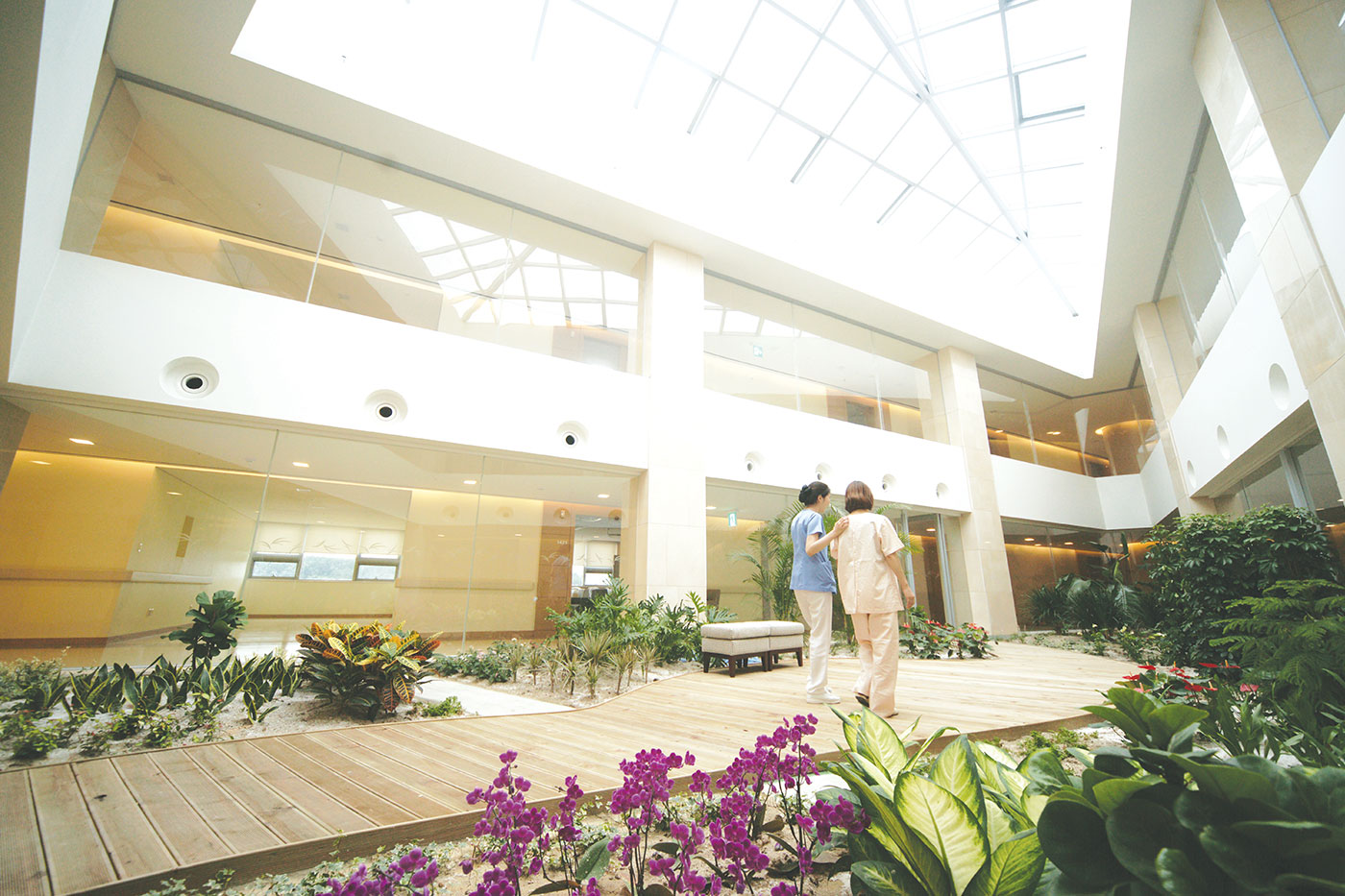
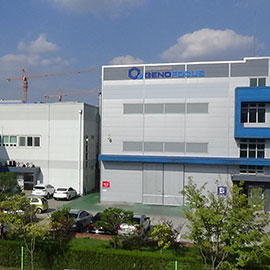 Medical Technology
Medical Technology
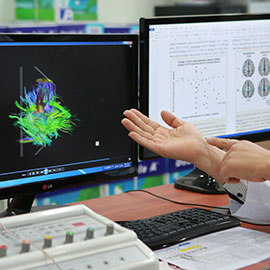 City & Culture
City & Culture
 Food & Travel
Food & Travel
 Health & Wellness Tips
Health & Wellness Tips
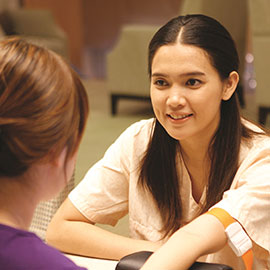 Hot Issue
Hot Issue
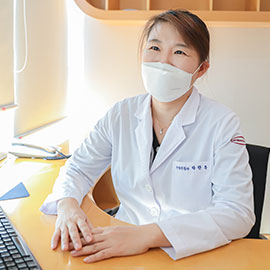 Interview With
Interview With